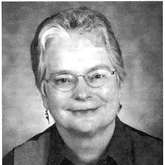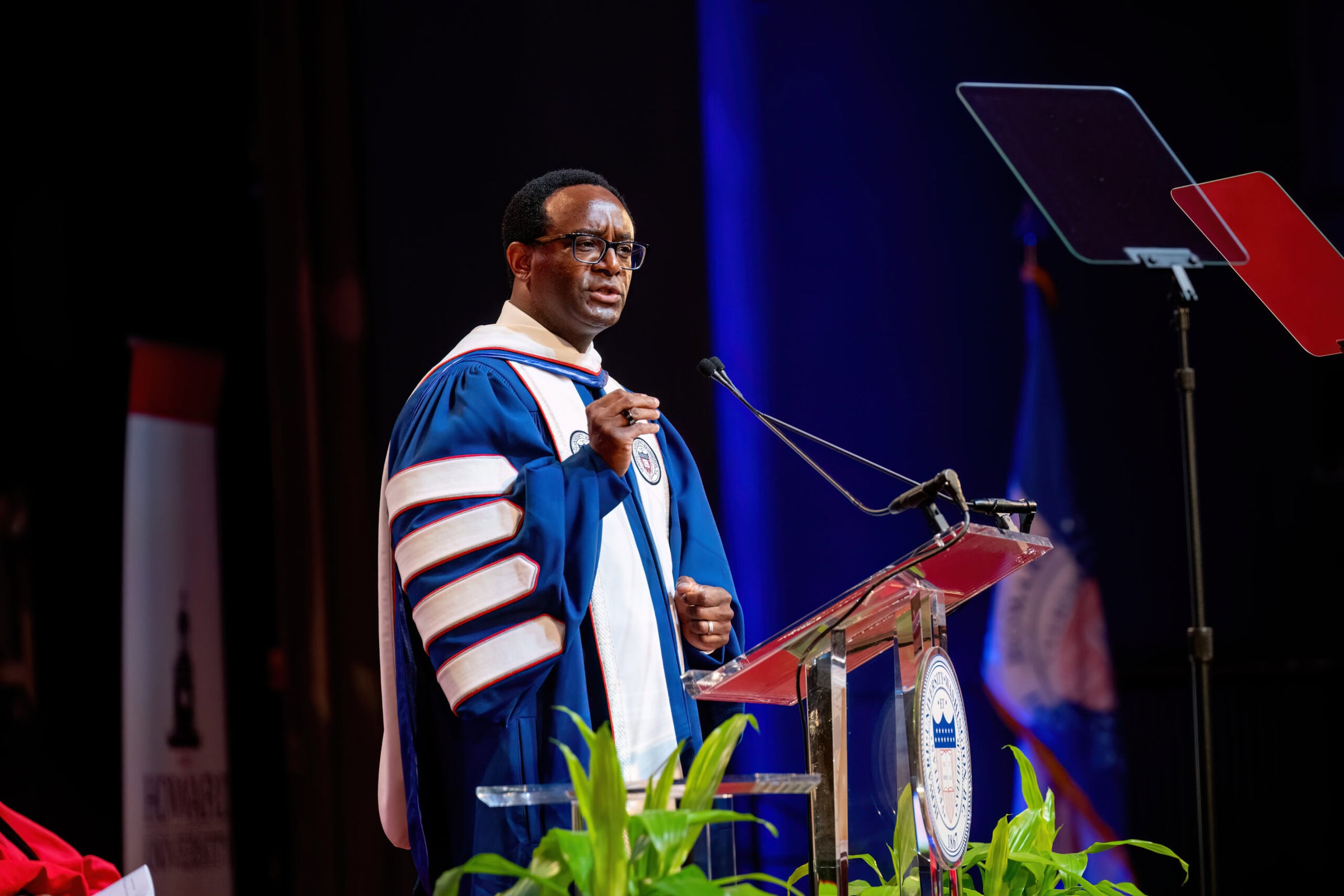This is my last column as AHA president, and though I have enjoyed the dialogue with those who have contacted me about my previous columns, I would be less than truthful if I did not confess to an enormous relief in handing over the baton to my distinguished successor Jim McPherson. He will have his own agenda for the organization. This is my last chance, therefore, to air my pet peeves, and so I will. I want to raise four questions, not because I think I have an answer to any of them, but because they are issues that have long troubled me.
1. Is the Lecture Format Still Viable?
The lecture is probably the oldest form, other than writing itself, of the transmission of historical knowledge. As class size grows, especially in the big public universities, lecturing has become more rather than less pervasive as the primary format for teaching history. Although my students seem to prefer hearing lectures over other structures for large classes, I have long considered lecturing highly dubious from a pedagogical point of view. How much can be learned from passively listening to someone else’s presentation of the past? As Leon Fink recently remarked in Perspectives 40:7 (October 2002), we professors have much to learn from high-school teachers who teach with more hands-on methods (small group projects whether based on library research, Internet resources, or discussion). The difficulties of our students offer opportunities for improvement of our own methods.
Now, I confess that I might have a somewhat skewed perspective on lecturing. Although I’ve done it for nearly 30 years with some, perhaps even considerable, success, my approach to lecturing was for a long time filtered through what is now known as “panic disorder.” Beginning in graduate school, I had panic attacks of unknown origin and meaning. Only in the 1970s did I learn to call it “agoraphobia,” and only in the 1980s did I address the problem with the help of professional therapists who specialized in the problem. Lecturing never has been an unmitigated pleasure for me, though the apprehensiveness does have its pedagogical upside: from the very first I was on the lookout for anything that might make the class more bearable, for me and for them. For me, slides, music, videocassettes, and now PowerPoint presentations (preferably all in the same lecture!) were in the first instance ways of keeping the fear at bay. In the end, of course, they proved to be more than that: students need to see and hear history for themselves, not as entertainment but as a palpable experience.
Over the years, I have learned about teaching from students and from other teachers. I have come to believe in two main principles: students learn most when you challenge them with respect and when they themselves feel involved. Respect and involvement both seem to some extent dependent on knowing the names of students, and I always place great emphasis on this, even at the cost of some artificiality. It is perhaps more polite in a seminar to write the names down and memorize them but I find it works better to begin with one student and then go around the room in sequence with each student repeating the names of all those before her or him. The first two or three have an easy time, but the last two or three face a herculean task. Then I come last and try to repeat all the names myself, which usually leads to great hilarity but also initiates a relatively easy memorization process. I learned another of my currently favorite techniques from a personnel report about a colleague in another department. In classes of up to 60 students, I set up debates with as many as 8 students a time, 4 on each side. I make them first introduce themselves (giving me some chance of remembering their names) and then give very brief statements of their positions. Once students have spent their five minutes feeling nervous, they end up appreciating the role of the teacher, they feel an altogether different kind of connection to their fellow students, and they have a chance to have discussion in something other than the “teacher asks, individual student answers” format we usually use. Any other tips on how to make that 50- or 80-minute “lecture” hour more fruitful would be most welcome.
2. Are Historical Monographs Dinosaurs Doomed to Extinction?
As an editor of a series for a university press for the past 20 years, I can report that rumors of the death of historical monographs are no longer premature. Pathbreaking works of history now often sell only a few hundred copies. The source of the problem is not the authors and not the publishers, but the libraries, most of which can no longer afford to acquire many new books. The AHA’s Gutenberg-e Prize program was meant to respond to this problem, but it is not yet clear whether it will make a major impact. It may be that we should address this problem by changing our standards of evaluation for tenure (a step officially advocated by the Modern Language Association) rather than trying to influence the publishing market. The best course of action is far from certain, but the current trend does threaten to increase the sense of hierarchy in the profession; those at the top will continue to publish books, in part because they will have the best access to publishers, and the rest will not because they cannot.
3. Can Baby Boomers Be Great Historians?
When we were young and had time to talk, because we did not spend all our time writing letters of recommendation, my erstwhile colleague Tom Laqueur and I used to wonder if anyone in our generation would be able to pretend to the distinction of an Edward Thompson, a Christopher Hill, or an Emmanuel Le Roy Ladurie (not an exhaustive list!). We usually concluded that no one would (apologies to all who might be offended by this observation). Was it that the passion of Marxism or anticommunism had burnt out? Or was it that the democratization of higher education demanded more managerial time from the faculty and left less time for research and writing? Has the routinization of standards for promotion, advanced in the name of equity, actually dampened the outsized ambition, slightly manic zeal, and even downright eccentricity that doesn’t fit so neatly into personnel dossiers but often issues in truly original work?
4. Are We Suffering from Institutional Fatigue?
Someone near you, perhaps you yourself, is right now feeling fed up with the AHA for one reason or another. I have spent much of this year pondering this issue: why are people unhappy with their flagship organization? In truth, the unhappiness has perhaps dissipated a bit in the last few years; at least, I would like to think so. But insofar as it continues, I believe that the reason is to be found on a much broader cultural and political level rather than in the internal politics of the organization. After all, candidates get elected to national, state, and even local political office by running against government. For all the talk of identity politics, identities, and perhaps especially professional identities, have fragmented. Faculty frequently feel little loyalty to their home institutions, and professional organizations have proliferated so much, along with their attendant journals, that few focus their professional identities on one organization. History has actually been relatively fortunate as a discipline; our differences in method, topic, or time period never seem fatal. Few seem so fed up with their departments that they want to form new ones. Let us cherish this ecumenical spirit even while worrying about what institutional fatigue might mean for the schools and universities, not to mention for our democracy.
My thanks to all those who have shared their thoughts on matters of our common concern, even when disagreeing vehemently with my opinions.


